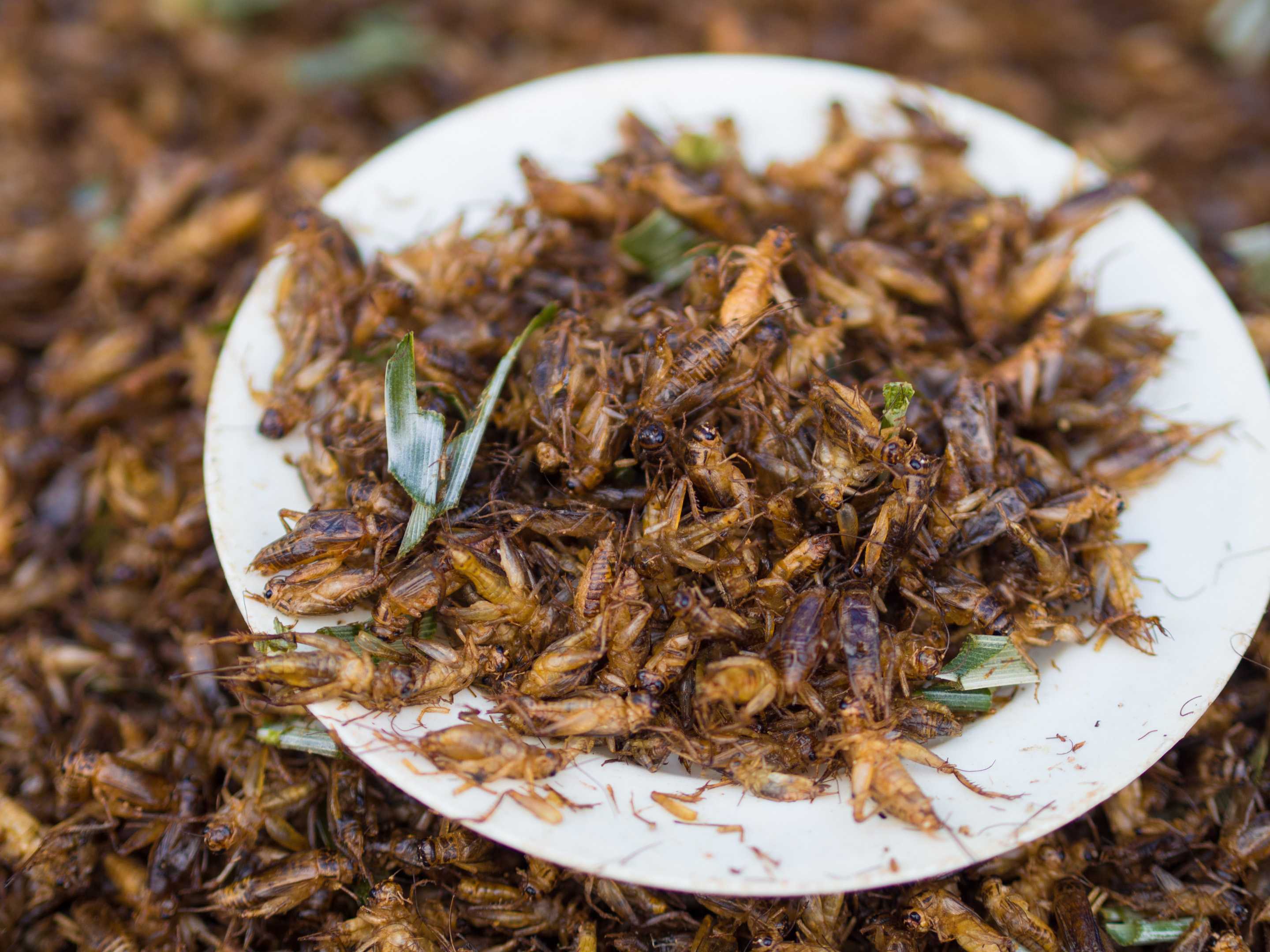



IPIFF welcomes the EU's "Farm to Fork" food strategy
The International Platform of Insects for Food and Feed (IPIFF) welcomes the EU's sustainable food policy and looks forward to contributing to the Farm to Fork strategy.The International Platform of Insects for Food and Feed (IPIFF) - the focal point of the insect production sector in the capital of the European Union - salutes the release of the "Farm to Fork" strategy. To provide constructive input to the "Farm to Fork" discussions, IPIFF launches a brochure entitled The insect sector milestones towards sustainable food supply chains. This document provides an overview of the main IPIFF regulatory priorities, presented in line with the general strategic orientations under the "Farm to Fork" (F2F) strategy.
"Our association welcomes the launch of the F2F and believes that the objectives of this strategy will play an important role in the development of our sector – which in turn, could help in the transition towards more sustainable and resilient food systems", stated Antoine Hubert, IPIFF President. The transition to more sustainable food is interconnected with our dietary patterns. The role of insect production is pivotal in providing diverse, local and nutritious food products – essential in supporting the transition towards healthier and future-proof diets.

Through circular processes inspired from nature, insects could also bring added value by upcycling underused agri-food by-products or former foodstuffs. We closely study the life-cycle of insects and we learnt that they are capable of biotransforming a wide range of materials. Diversifying the spectrum of products used as feed for farmed insects – by authorising former foodstuffs containing meat (from non-ruminant animals) and fish - would allow our sector to play a greater role in the joint efforts to reduce the food waste burden. While IPIFF envisages regulatory action on this topic in 2022, we consider it essential that the European Commission services develop a roadmap on the revision of the EU legislation on animal by-products – including an evaluation of the European Food Safety Authority (EFSA). In parallel, IPIFF remains engaged in a close dialogue with food and feed partners, notably former foodstuffs processors, actors who play a crucial role in valourising materials which are currently lost from the food chain.
More possibilities for insect production will also contribute to improving EU’s self-sufficiency in terms of protein-rich feed materials. Complementary, insects or the by-products from insect farming - such as insect frass - could provide sustainable biobased solutions with multiple application in farming, biofuels or bioplastics.
Insects have been part of the natural diet of numerous animals, including those that are widely consumed by humans - such as fish, chicken or pigs. "While insects can be incorporated in the feed of aquaculture species since July 2017, we remain confident that soon we will also be able to provide diverse, local, and sustainable solutions for poultry or pig farmers", complemented the IPIFF President. "We trust that the F2F will accelerate the materialisation of such key legislative reforms for our sector- further bringing regulatory visibility. Among these topics, our association highlights the importance to acknowledge the particular characteristics of insects - for example by developing specific standards for insects as food (ahead of the novel food authorisations)."
"Unlocking certain regulatory opportunities will allow the insect sector to maximise its contribution to the objectives of the EU Green Deal", declared the IPIFF Secretary-General. However, to ensure coherence, the "Farm to Fork" objectives shall be coordinated with key European initiatives, which would facilitate the implementation of future-oriented strategies on national level, but also transboundary knowledge-sharing. To this end, we consider that initiatives such as the Common Agricultural Policy (CAP), the Horizon Europe programme or the InvestEU Fund are some of the key catalysts in addressing EU-specific challenges.









